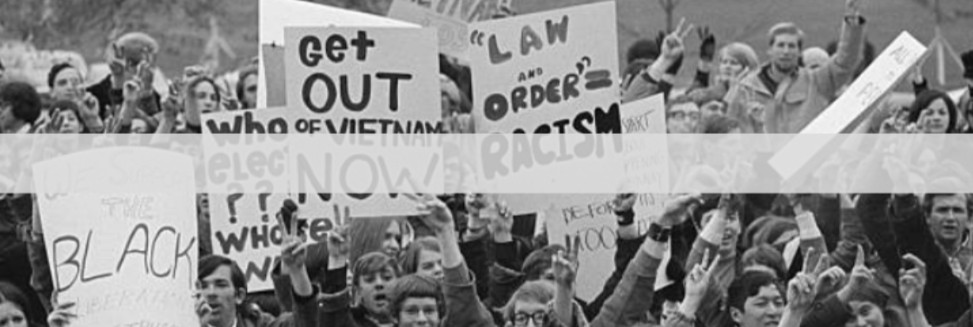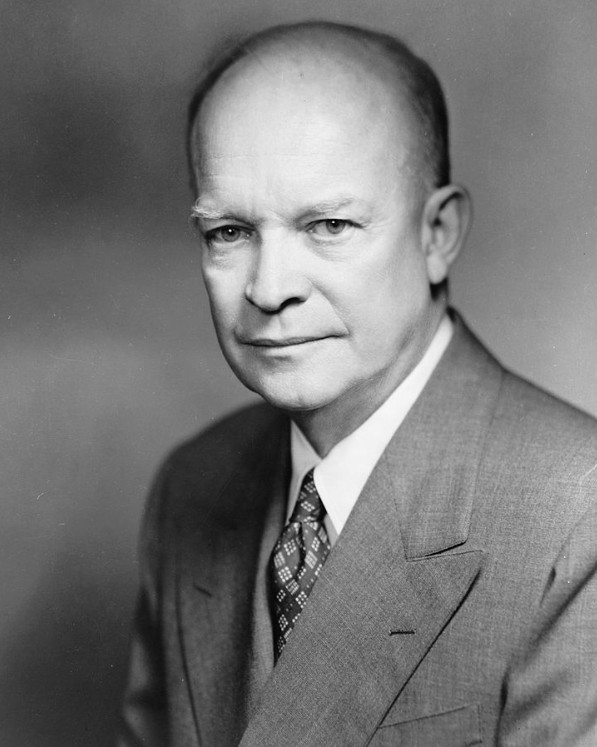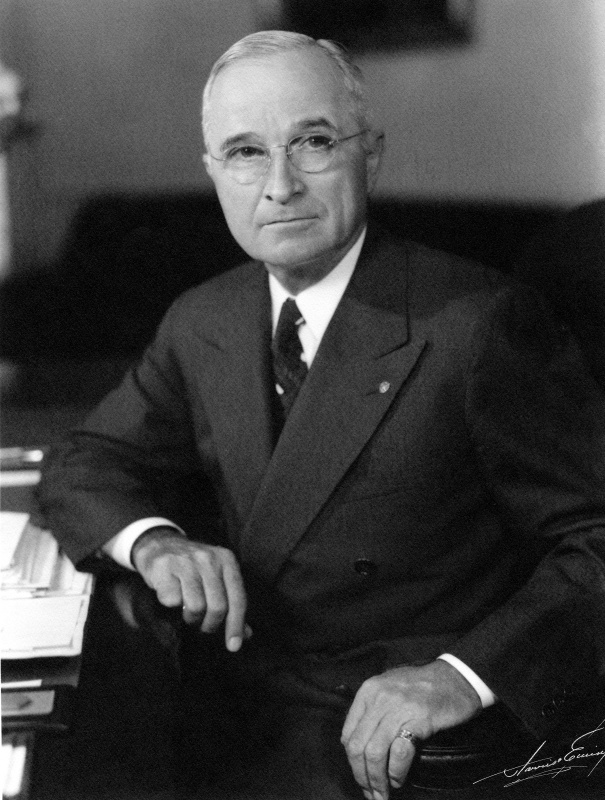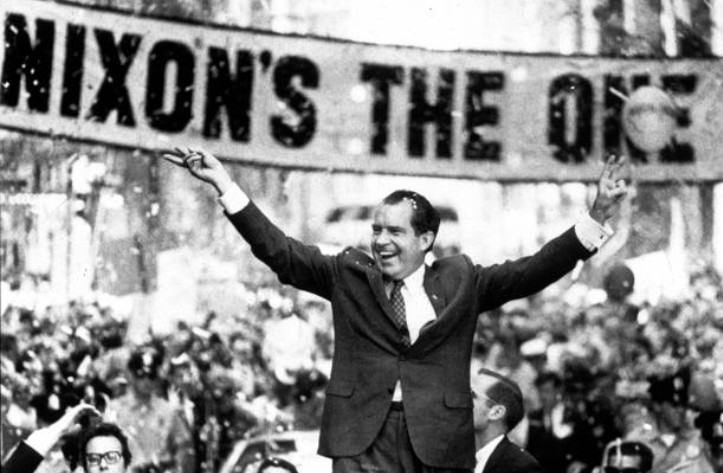Rights Breached, Responsibilities Neglected: How the My Lai Massacre Exposed the Ethical Issues of the Vietnam War

"Participants in a Students for a Democratic Society-sponsored demonstration display signs protesting the general election as a "hoax" and calling for peace in Vietnam." Getty Images/Bettman Archive
America in Vietnam
“Fifteen years ago North Vietnam, with the logistical support of Communist China and the Soviet Union, launched a campaign to impose a Communist government on South Vietnam by instigating and supporting a revolution. In response to the request of the Government of South Vietnam, President Eisenhower sent economic aid and military equipment to assist the people of South Vietnam in their efforts to prevent a Communist takeover. Seven years ago, President Kennedy sent 16,000 military personnel to Vietnam as combat advisers. Four years ago, President Johnson sent American combat forces to South Vietnam.”
-President Richard Nixon in his “Silent Majority” speech, “Address to the Nation on the War in Vietnam”, November 3rd, 1969
In 1964, the United States officially entered the Vietnam War due to increased concern for the spread of communism, as highlighted in the “Domino Theory”.
"Lyndon B. Johnson-Speech on Vietnam September 29, 1967" Youtube / Lyndon Baines Johnson Presidential Library

“General of the Army Dwight D. Eisenhower, President-elect of the United States” Wikimedia Commons / Library of Congress
“Finally, you have broader considerations that might follow what you would call the ‘falling domino’ principle. You have a row of dominoes set up, you knock over the first one, and what will happen to the last one is the certainty that it will go over very quickly. So you could have a beginning of a disintegration that would have the most profound influences.”
-President Dwight Eisenhour, at a news conference in April, 1954, commenting on the strategic importance of Indochina to the free world
“The possible consequences of the loss [of Indochina], are just incalculable to the free world.”
-President Dwight Eisenhour in his “falling domino” speech on Vietnam
This idea formed alongside the Truman Doctrine, which justified America’s entrance in Vietnam.

The New York Times
"I believe that it must be the policy of the United States to support free peoples who are resisting attempted subjugation by armed minorities or by outside pressures."
-President Harry S. Truman, regarding his budget request for future U.S. Foreign Policy escapades
"The seeds of totalitarian regimes are nurtured by misery and want. They spread and grow in the evil soil of poverty and strife. They reach their full growth when the hope of a people for a better life has died. We must keep that hope alive. The free peoples of the world look to us for support in maintaining their freedoms. If we falter in our leadership, we may endanger the peace of the world -- and we shall surely endanger the welfare of our own nation. Great responsibilities have been placed upon us by the swift movement of events."
-President Harry Truman's Message to Congress, March 12, 1947.

“Portrait of President Harry S. Truman”
Harris & Ewing / Harry S. Truman Library & Museum
After winning the 1968 election, Richard Nixon imposed his policy of Vietnamization, which aimed to gradually withdraw U.S. troops from Vietnam. However, the slow process triggered public backlash.

"Republican presidential candidate Richard Nixon rides in a parade on Chestnut Street in Philadelphia, Pennsylvania, September 1968." Dirck Halstead / Getty Images
"President Nixon's Address to the Nation on Vietnam | May 14th, 1969" Richard Nixon Foundation/National Archives
"I pledged in my campaign for the Presidency to end the war in a way that we could win the peace. I have initiated a plan of action which will enable me to keep that pledge.
-President Richard Nixon in his “Silent Majority” speech, “Address to the Nation on the War in Vietnam”, November 3rd, 1969.